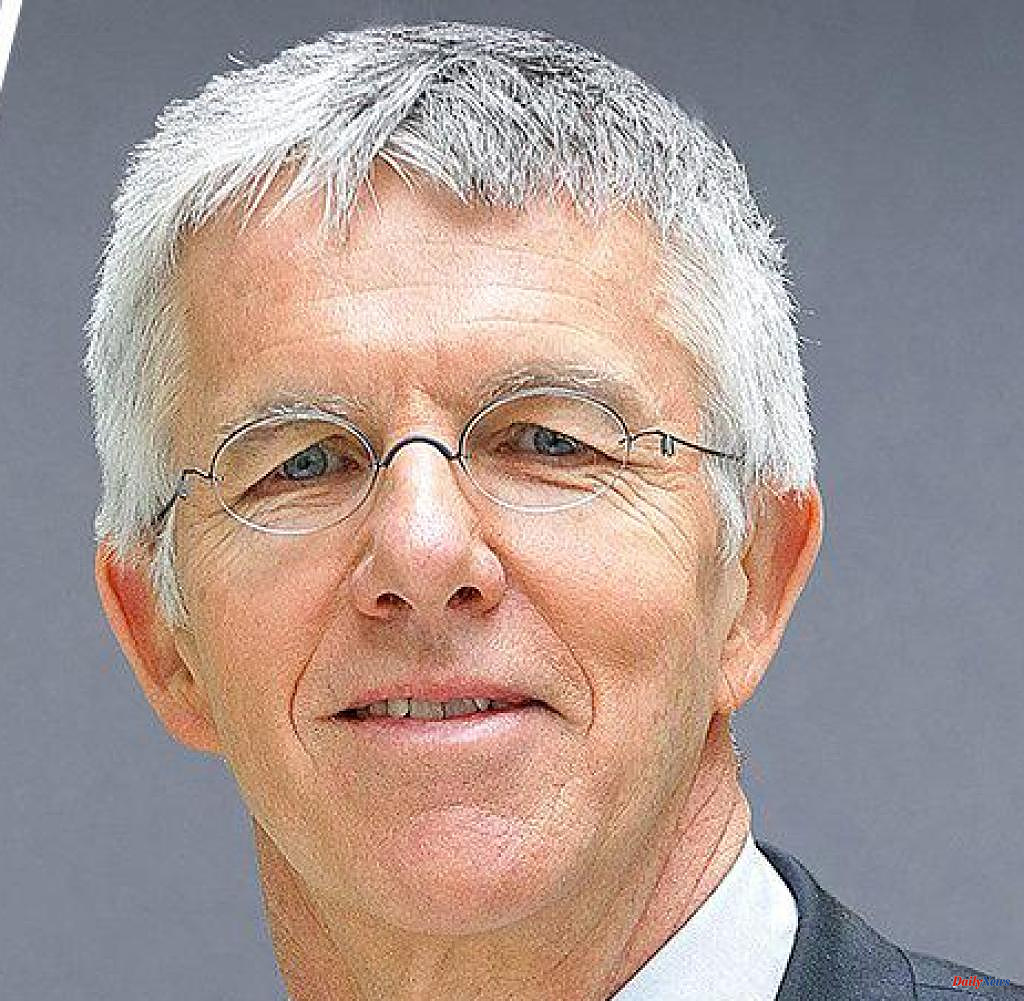What is work worth? This is probably the mother of all economic questions. Because the answer determines who earns how much - for example, whether women playing soccer should be paid just as well as men. The progenitors of capitalism and communism fought fiercely about how to measure the value of work.
For Marxists, work in itself is the measure of all things. Human doing and acting - i.e. producing goods and services - already creates values in themselves. Whether someone buys the goods produced is of secondary importance.
Capitalists see it very differently. For them, just the good will to produce something is not enough. Only the customers decide what is worth to them and how much, what they want to spend their money on and what amounts they are willing to pay for purchases, concert visits or vacation trips. The basis for evaluating work performance is then derived from the sales proceeds.
Those who find the Marxist perspective compelling will inevitably come to the conclusion that equal work must be paid equal. The demand to pay footballers the same as footballers is then a logical consequence. Because the workload is in fact identical for women and men: everyone works, sweats and runs across the square.
For the capitalist, on the other hand, there is no such thing as “equal” work – even if commitment and will are almost completely identical. It's all about the value customers attach to the result of the work. Who has worked for how long remains irrelevant.
The willingness to follow a football game and spend money on admission tickets or streaming services or book perimeter advertising determines the economic value of the football game. The fact that men's games are easier to sell economically than women's may be politically completely incorrect.
It angers many that the appreciation for women's and men's teams is so different, even though both try equally hard to please the population and the economy. But the unequal assessment of the same facts is part of the basic understanding of free, self-determined decisions.
The extent to which the demand for equal pay for equal work is misleading is revealed by the question of whether the value of work in football is actually the same regardless of the result, regardless of the result, regardless of whether you win or lose: Yes, in the Marxist sense, because winners and losers do practically that Same.
In the final at Wembley Stadium, commitment and will didn't differ in the slightest, and the fact that one team scored a lucky goal that the other didn't has a lot to do with chance and nothing to do with work.
But this is exactly where capitalists think differently than Marxists: they do not appreciate the effort itself, only the result. They evaluate work (which is essentially the same) more positively if it leads to success and not failure.
Accordingly, in a competition, first place is better rewarded than second or last. Capitalism does not reward intention or effort, but rather the fulfillment and satisfaction of the demands, expectations and desires of viewers, customers and holidaymakers.
Millions of people write texts, sing songs, draw pictures, create calculations, program apps, write blogs or upload clips and videos to the Internet. But very few are read, heard, seen and bought. For the masses it is more the exception than the rule that they find others who are willing to pay so much for cultural, artistic, media or sporting achievements that the “workers” can live on them. Most remain frustrated that they can't make it themselves, even though they try just as hard (and do a lot better, at least in their own perception) than those who succeed, are popular, become stars, earn a lot and become rich .
Incidentally, this applies to almost all work. For example, if you get into a Swiss taxi on holiday, you have to pay as much after just a few minutes as you would in other countries after an hour. The driver's job is the same everywhere - namely to bring the guest safely from A to B.
In healthcare, education, security, as in most services, the work varies little from country to country or city to city. However, salaries vary enormously.
Because it's all about the context - i.e. the circumstances, the environment and everything else that goes with consumption, visiting a doctor's office, going to school or vacationing. Above all, however, because customers' ability and willingness to pay differ dramatically from region to region.
Free societies and market economies have to live with the fact that the appreciation of customers and guests determines value creation and thus the value of work. Anyone who overrides the automatic mechanisms of supply and demand is entering Marxist waters. Because instead of customers, an authority then has to determine the value of the work.
But in a market economy it is absurd when a planned economy authority presumes to know better than buyers, guests, spectators and vacationers how valuable goods, services, football games, concerts, columns or vacation trips are.
At this point, a sporting game becomes bitter political seriousness. Because what seems like a happy joke is sad reality. The fact is that the European Commission is pursuing the legislative intention of determining the value of work on the drawing board of bureaucracy and no longer leaving free decisions to independent customers.
Beyond the economic absurdity, an official standardization ideology is also out of date in terms of cultural and social practice. You can't demand more diversity on the one hand and then want to standardize the value of work on the other.
It is high time that the federal government resisted with all its might a planned economy determination of the value of work. The more diverse populations are, the more different (even the same) work will be evaluated. That is why diversity requires more and not less freedom when evaluating work.
If there is a threat of a relapse into the dark days of central administration economies that have long since failed, it is important to ward off the beginnings as quickly as possible. Otherwise you are quickly too late and will be punished by history with failure.
"Everything on shares" is the daily stock exchange shot from the WELT business editorial team. Every morning from 7 a.m. with the financial journalists from WELT. For stock market experts and beginners. Subscribe to the podcast on Spotify, Apple Podcast, Amazon Music and Deezer. Or directly via RSS feed.












